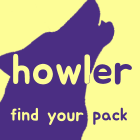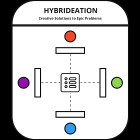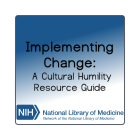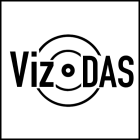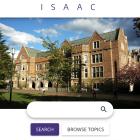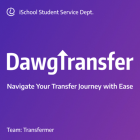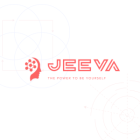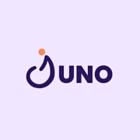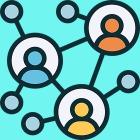
How to Find the Right Capstone Sponsor: A Guide on Maintaining Sponsor Relationships and Communications (for the iSchool)
The information problem I addressed with my project was the difficulties surrounding UW students’ abilities to find a sponsor and maintain relationships with them throughout their Capstone. To solve the issue, I created a student-written Sponsor Handbook, which navigates students through the process of finding a sponsor, interviewing them, maintaining communication, and utilizing conflict resolution techniques in the event the relationship deteriorates. As a result, students now have a resource that expands on the iSchool’s current Capstone resources regarding sponsor relations. This project will give students more confidence while searching for a sponsor and ease their anxieties about Capstone.

